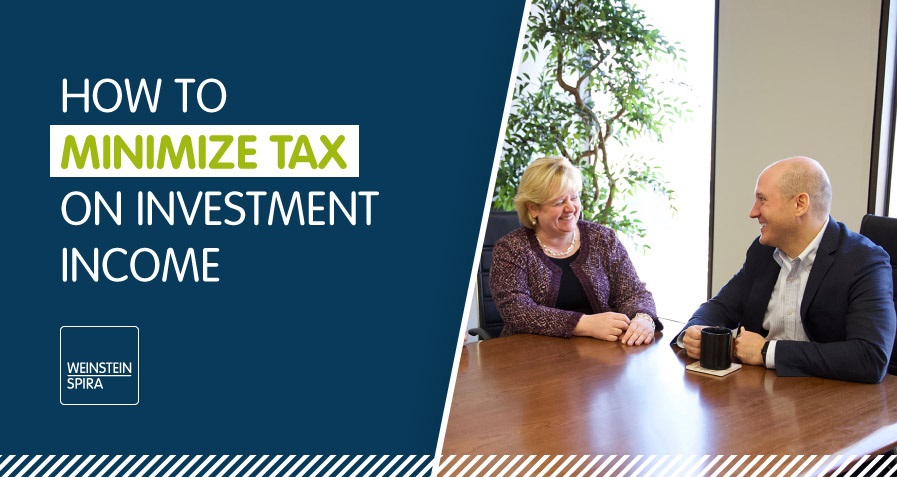When you invest in financial instruments, such as stocks, mutual funds, IRAs/401ks, commodities, and even cryptocurrency, the main goal is to grow your wealth. In many cases, once that initial investment decision is made, people tend to leave it there and go about their busy lives—especially if investing through a financial firm that handles it for you. My advice is to take a more active role to make sure you do not miss any tax benefits and keep as much of your investment earnings as possible. Tax on investment income can be minimized if you know what to do.
Who is Affected?
There is an additional tax liability that can be generated on your investment income. It is triggered based on your income amount (i.e., modified adjusted gross income) and how you file your IRS tax return (individual, married, or single).
For example, in today’s world, if you are married and filing jointly with an adjusted gross income over $250,000 (or $200,000 for single filers), a 3.8% tax rate would apply to any net investment income, including interest, dividends, capital gains, or other “passive” income gains. If you fall below that income level, the tax does not kick in at all!
How it Works
Typically, investment income is made up of capital gains, interest, dividends, royalties, etc. These amounts are added together to get to your total net investment income amount for the year. If your modified adjusted gross income is over a certain amount based on how you file (married, single, head of household, etc.), your investment income will be taxed at 3.8%. This amount will be added to your already calculated ordinary or capital gains tax.
Capital gains taxes are calculated on the difference between your sales price and the cost of the stock when purchased. Long-term capital gains rates are lower than short-term capital gains rates and are applicable after you hold the financial instrument more than one year. Based on current tax law, long- term capital gains rates are at 0%, 15% or 20%. These rates are based on your total taxable income and filing status. Short-term capital gains taxes are equal to your ordinary income tax rate. Note that if you have capital loss carryforwards, capital gains will be offset by your capital losses until those losses are exhausted. Interest and royalties are taxed at ordinary income tax rates, while dividend income is normally taxed at the reduced long-term rates discussed above.
Regardless, there are tools available to lessen capital gains taxes and investment income taxes that also benefit your family and charitable organizations.
How to Avoid Excessive Tax on Investment Income
There are several ways to avoid excessive tax on investment income. These strategies include:
- Donate shares of appreciated stock as a charitable contribution
- Donate a portion of capital gains to a university, church, or other non-profit entity
- Set up your own donor fund through an investment company
- Request portfolio rebalancing, with reinvesting dividends back into stocks that are not doing as well
- Consider a Roth conversion or investigate other tax-free options
- Although it will not avoid net investment tax already incurred, setting up a 529 plan for children or grandchildren in college will allow money invested in this type of plan to grow tax-free, incurring no capital gains or investment tax. Note that in 529 plans, any gains are considered non-taxable if the funds are used exclusively for college tuition and college expenses.
Want to learn more about minimizing taxes? Contact our tax team!
Summary
At the end of the day, it is all about being aware of big investment transactions that result in capital gains and, thus, trigger an additional investment income tax liability. I suggest working with your accountant and financial advisor to design a strategy that protects your wealth-building efforts and takes advantage of the allowable opportunities discussed above. Weinstein Spira can assist with such a plan to minimize the tax and reflect your wishes, whether it be philanthropic giving, a college fund, simply reinvesting dividends, or a combination. Contact us to discuss your tax concerns.



